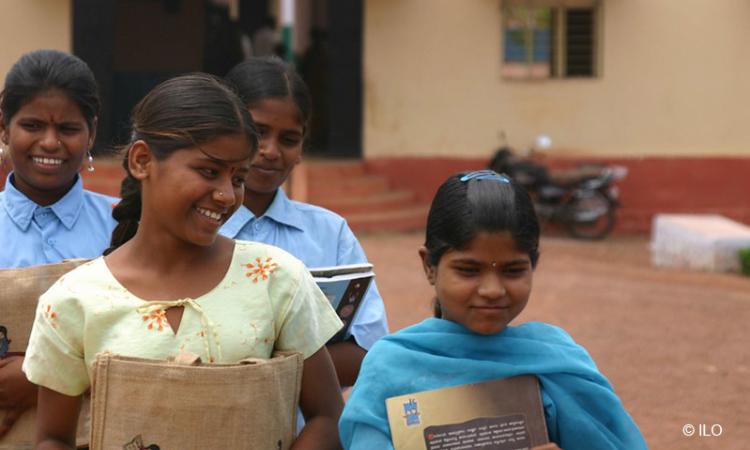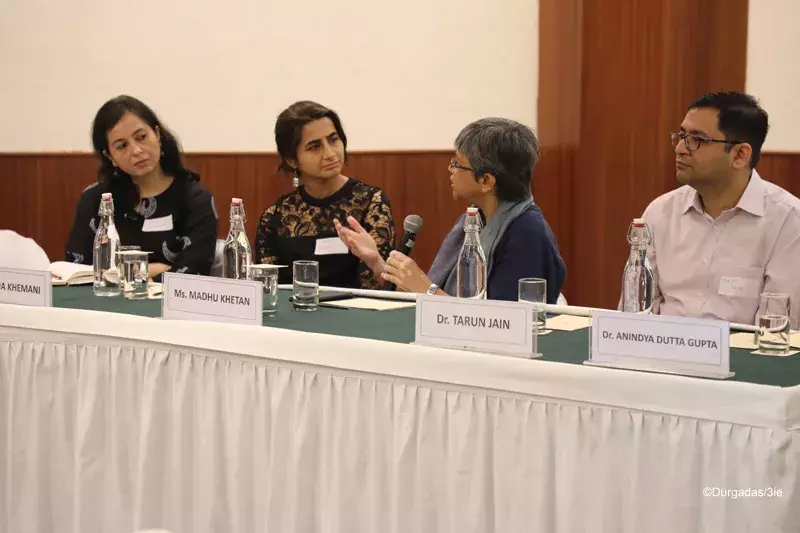Empowering Adolescents: A Collaborative Research Partnership
India has more than 250 million adolescents constituting over 20 percent of the country’s total population. While there are considerable efforts to improve their social and economic well-being, understanding what works to empower them is essential to informing future investments. To build a long-term research agenda, Co-Impact is supporting 3ie to set up a researcher-practitioner partnership to bring together diverse voices working on adolescent empowerment in India.

Background
3ie has been commissioned by Co-Impact, a global philanthropic collaborative, for a nine-month inception phase to inform the agenda and design of the planned researcher-practitioner platform focussed on adolescents and young adults in India. Early life interventions among adolescents, especially adolescent girls, are critical to ensure gender equality and women’s empowerment. This work aims to strengthen research in the two linked areas.
The objective is to work with grassroots organizations and the state and central governments to co-create priority research design. In this phase, 3ie is working closely with them to identify key research and evaluation areas from a policy perspective. By understanding and articulating research gaps through the researcher-practitioner platform, we aim to generate evidence, provide suggestions for better implementation, and document practices to enable cross learning across the stakeholders.
Researcher-practitioner platform
Despite national attention and focus on adolescents, several questions remain about the effectiveness of programs, and whether ongoing and future investments are informed by evidence. This platform brings together stakeholders from government, academia, implementers, donors, and international development and research organizations to share their experiences from working on adolescent issues. The main objectives are to:
- Facilitate discussions on the state of research, barriers and enablers, and experience of those implementing interventions on the ground.
- Discuss key interventions across a variety of sub-themes, and have researchers and practitioners provide inputs on questions that could understand the effects and impacts.
- Reflect on the discussions and identify future opportunities for continued collaboration.
